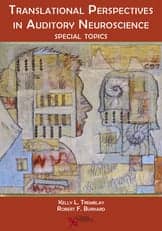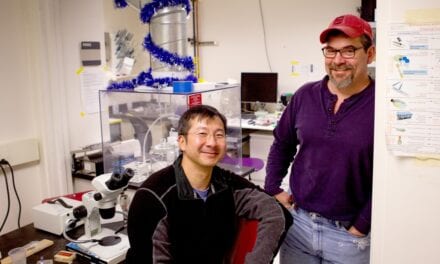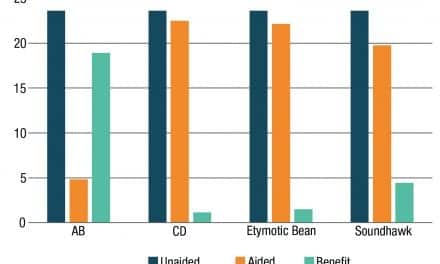The Ear Science Institute Australia (ESIA) announced a 24-month randomized clinical trial, to begin soon, that will see a multi-disciplinary team of Western Australian researchers and healthcare workers joining forces to find out if using hearing aids are an effective way to delay the onset of dementia symptoms.
The trial will be led by Dr Dona Jayakody, audiologist and research lead for the Cognition and Hearing Loss Project at ESIA. The concept was developed in 2015 when Jayakody began researching the link between cognition and hearing loss.
Related article: Hearing Aids May Lead to Lower Rates of Dementia, Depression, and Anxiety
Jayakody said, “My research found that hearing loss is associated with cognitive impairment/dementia so I was interested in finding out whether this could be delayed or arrested after treating hearing loss. Current data suggests hearing loss accounts for 8% of the modifiable risk factors of all cases of dementia.”
ESIA, RPH Research Foundation, WA Centre for Health and Ageing (WACHA), The University of Western Australia (UWA), Curtin University, University of Melbourne, and Lions Hearing Clinics are among the organizations pooling their talents and resources to tackle this global health priority.
According to Dementia Australia, in 2020, there is an estimated 459,000 Australians living with dementia. Without a medical breakthrough, the number of people with dementia is expected to increase to 590,000 by 2028 and 1,076,000 by 2058. It’s also the single greatest cause of disability in older Australians (aged 65 years or older) and the third leading cause of disability burden overall.
Related article: 2020 ‘Lancet’ Commission Report Finds Untreated Hearing Loss in Midlife as ‘Largest Modifiable Risk Factor’
The trial will also explore whether the correction of hearing loss with hearing aids results in less brain volume loss and improved cerebral metabolism, compared to those with uncorrected hearing loss.
A $600,000 funding boost from Royal Perth Hospital (RPH) Research Foundation is the latest funding to be secured. The RPH Research Foundation ‘Impact and Innovation Grant’ will provide for an MRI and FDG–PET imaging study as well as looking at the health promotion aspect of the study.
Other funding includes a donation from Oticon of 400 hearing aids valued at $1.2 million, a Department of Health Research Translation Grant providing $237,000 to conduct a health economic analysis, and a $100,000 grant from the Rebecca L. Cooper Foundation given to Jayakody. This program, which began with 5 years of research at ESIA, is now being funded by research grants worth over $2.1 million.
Ear Science Institute Australia’s CEO and audiologist, Sandra Bellekom, said “We are thrilled to be leading this groundbreaking Western Australian driven collaborative project that will take our science from the laboratory to the community.”
Source: ESIA
Image: ESIA





